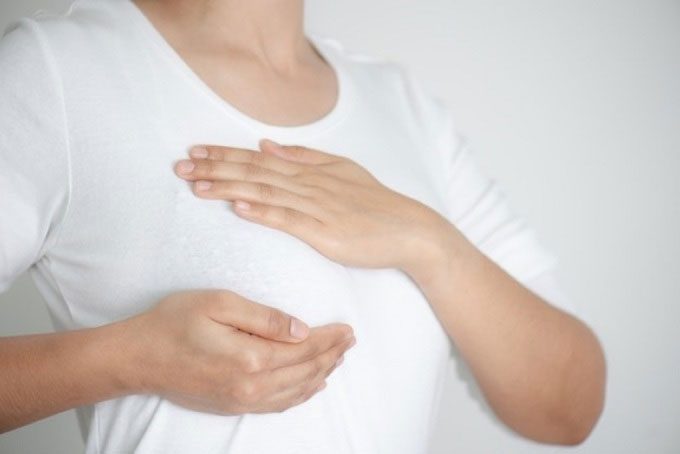Scientists have discovered at least four types of genes that may increase the risk of breast cancer in women, laying the groundwork for tests aimed at earlier detection of the disease.
The study was published in the journal Nature Genetics. The four genes identified are MAP3K1, LZTR1, SAMHD1, and CDKN2A. One of these genes can increase the likelihood of breast cancer in women by five times. Currently, about 200 women in the UK carry these genes. Researchers have also identified an additional 90 genes related to breast cancer in women.
The researchers describe this as a significant advancement, enabling more accurate screening for thousands of women at high risk of breast cancer. If these genes are tested, doctors will have a basis to recommend regular check-ups for patients, supporting future genetic testing.
The scientists examined the genes of over 26,000 women with breast cancer, comparing them with the genes of over 217,000 healthy individuals. Each gene in the body is like a book, containing instructions for the body to create proteins, made up of the letters A, G, C, and T, which represent chemical substances.

Breast examination can detect abnormal tumors. (Image: Freepik).
The scientists discovered errors in metabolic processes that prevent the body from producing important proteins that help prevent breast cancer, or that impair the normal functioning of these proteins. These errors often manifest in the MAP3K1 gene, which increases women’s risk of breast cancer by five times, although this situation is quite rare.
Previously, experts had identified several gene codes associated with breast cancer. Professor Doug Easton from the University of Cambridge, who led the research, stated that the primary genes responsible for this disease are BRCA1 and BRCA2, which were only discovered in the 1990s. Thus, there is still much that scientists do not understand about the disease.
“Women should undergo regular blood tests, especially those with a family history of breast cancer, to check for genetic risk. However, even these five breast cancer genes can only predict about 10% of the increased risk of breast cancer in women,” Professor Easton noted.




















































